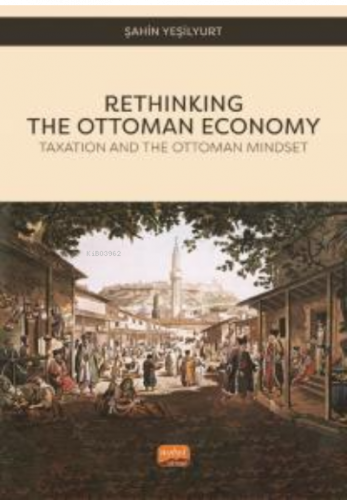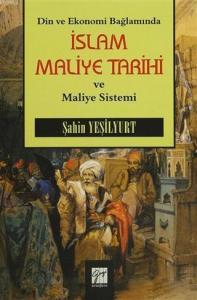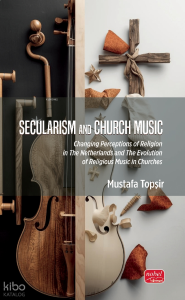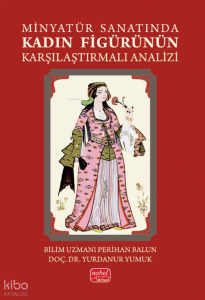9786254334429
732039

https://www.hesapli24.com/rethinking-the-ottoman-economy-taxation-and-the-ottoman-mindset
Rethinking The Ottoman Economy;Taxation and the Ottoman Mindset
13.92
Hayat seni sesinle duyar, kainat titreşimlerden oluşur, isminin bile bir anlamı ve titreşimi var.. Neden sana o isim kondu farkında mısın? Peki, hangi kelimelerle geleceğini şekillendiriyorsun? Boşuna 'bir şeyi kırk kere söylersen olur' denmemiştir.. Sen, sözlerinle kendi hayatını şekillendirme gücüne ve potansiyeline sahipsin... Sadece farkında olmak önemli... Bu zamana kadar neler söyledin de kaderinde olmazlara vesile ettin kendi dilinle kendini.. Şimdi dönüşebilirsin, kaderinde yazılan olasılıklar arasından en güzelini kendine çekebilirsin.. Evet, sadece ufak bir farkındalık..This book investigates tax expenditure practices from the historic perspective of the Ottoman State. There are many criticisms of tax expenditures in the literature on account of their drawbacks in today's fiscal system. A tax expenditure, in general, is considered a fundamental factor of injustice in the distribution of the tax burden in society. From the point of the Ottoman public finance system, however, considering the tax expenditure practices within the scope of the assessments carried out in this book, the Ottoman State widely utilized tax expenditure practices for economic, fiscal, political, social, and religious purposes. These practices were mainly prominent in providing an equitable distribution of the tax burden, establishing social justice, and suppressing adverse social incidents, such as uprisings, in the Ottoman society. The archival research suggests that the fair distribution of the tax burden through tax expenditure practices was the major aim of the Ottoman State. This book aims to provide a new perspective on the history of the Ottoman State.
Hayat seni sesinle duyar, kainat titreşimlerden oluşur, isminin bile bir anlamı ve titreşimi var.. Neden sana o isim kondu farkında mısın? Peki, hangi kelimelerle geleceğini şekillendiriyorsun? Boşuna 'bir şeyi kırk kere söylersen olur' denmemiştir.. Sen, sözlerinle kendi hayatını şekillendirme gücüne ve potansiyeline sahipsin... Sadece farkında olmak önemli... Bu zamana kadar neler söyledin de kaderinde olmazlara vesile ettin kendi dilinle kendini.. Şimdi dönüşebilirsin, kaderinde yazılan olasılıklar arasından en güzelini kendine çekebilirsin.. Evet, sadece ufak bir farkındalık..This book investigates tax expenditure practices from the historic perspective of the Ottoman State. There are many criticisms of tax expenditures in the literature on account of their drawbacks in today's fiscal system. A tax expenditure, in general, is considered a fundamental factor of injustice in the distribution of the tax burden in society. From the point of the Ottoman public finance system, however, considering the tax expenditure practices within the scope of the assessments carried out in this book, the Ottoman State widely utilized tax expenditure practices for economic, fiscal, political, social, and religious purposes. These practices were mainly prominent in providing an equitable distribution of the tax burden, establishing social justice, and suppressing adverse social incidents, such as uprisings, in the Ottoman society. The archival research suggests that the fair distribution of the tax burden through tax expenditure practices was the major aim of the Ottoman State. This book aims to provide a new perspective on the history of the Ottoman State.
Yorum yaz
Bu kitabı henüz kimse eleştirmemiş.












